ITALY AND CROATIA AGREE TO THREE YEAR FISHING BAN IN JABUKA PIT
This past week, Croatia and Italy reached an agreement to ban fishing near Jabuka Pit, a key nursery grounds in the Adriatic Basin, from 1 September 2017 to 31 August 2020.
The agreement was reached following several months of negotiations between Croatian and Italian administrations, backed by scientists, the fishing sector and non-governmental organisations in both countries, the ministry said in a press release.
"Protection of the Jabuka Pit was a prerequisite for the sustainability of our fisheries and that of the European Union. Our fisherman and those of the EU, just like 500 million European consumers, deserve strategic administration of resources and fresh Adriatic fish on their plates in the decades ahead of us," Agriculture Minister Tomislav Tolušić said in the press release.
Certain exceptions to the Croatian ban were put in place and can be found in detail at this Tris.com.hr article (in Croatian) and within the language of the official Croatian ordinance.
CROATIA CLOSES THE JABUKA PIT TO TRAWLING
Last week, the decision was made in Ljubljana to the Scientific Advisory Committee (SAC) of the General Fisheries Commission for the Mediterranean (GFCM), and marks an important step forward for the recovery of Adriatic fish stocks and marine ecosystems. The Jabuka Pit is a sea basin strongly impacted by trawling in loss of biodiversity and declining fish stocks.
Croatia closed to demersal and small pelagics fisheries part of the international waters of the Jabuka Pit. It is the most important nursery area in the Adriatic for European hake and Norway lobster and one of the rare deepwater ecosystems of the Adriatic.
Last February MedReAct and the Adriatic Recovery Project had presented to the GFCM a proposal for the establishment of a Fishery Restricted Area in the Jabuka Pit, closed to demersal fisheries such as trawling and set longliners. That proposal was endorsed by the SAC and will be transmitted to the forty-first session of the GFCM (Montenegro, 16-20 October 2017).
“We now call on Italy to adopt a similar set of measures” said Domitilla Senni, spokesperson for MedReAct, “which guarantee the full protection of key nurseries and vulnerable marine ecosystems in the area.”
Adriatic fisheries produce 50% of all Italian fish products, but landings have fallen by 21% from 2007 to 2015. In particular European hake has been subject to overfishing at five times the sustainable level, despite the fact that catches practically halved between 2006 and 2014. The situation is even worse in the case of Norway lobsters, where catches by the Italian fleet fell by 54% between 2009 and 2014.
On March 29th, the Clean Adriatic Sea Alliance together with NAŠ Jadran , Greenpeace Hrvatska, Eco-Hvar, Zdravi grad, BIOM, Ad Adriaticum and Održivi otok / Sustainable Island sent a letter urging Croatia to take measures to protect the Jabuka Pit.
You can find the letter here.
More in Italian and Croatian at the following links:
italiano: MedReAct
hrvatski: Dalmacija Danas

